In our latest episode, Ed and Dougald compare notes on the experience of being founders – or co-founders – of organisations. What did we learn along the way? And what do humble forms of leadership look like?
We were recording on Shrove Tuesday, so the episode kicks off with a discussion of seasonal customs, including the Swedish semla…
On a recent Danish tour, Dougald returned to teach at the Kaospilots school, reconnecting with one of the inspirations that set him on the path of kickstarting projects and organisations in his twenties. The last day of that tour was also the first anniversary of publication of At Work in the Ruins.
Meanwhile, Ed has been speaking at the annual conference of the UK’s Garden Centre Association, which got him thinking about quite what a significant proportion of the country’s land area is made up of domestic gardens. The association’s chairman turns out to be called William Blake – which takes us back to our earlier conversations about
’s brilliant book on Blake, which friend-of-this-podcast gave to Dougald on last year’s UK tour.Talk of gardens also takes us to the importance of domestic gardens within
’s projections for how the UK could feed itself in A Small Farm Future, and also to ’s .There’s another thread running through this episode about the deeper understanding of Shrove Tuesday, Ash Wednesday and Lent as a season of reckoning with the places where we are aware of falling short – and a chance to make changes.
Dougald talks about taking up the invitation to a Communal Digital Fast made by
and of the . He also confesses to having binged the final season of Game of Thrones, before cancelling the family’s streaming subscriptions, thereby completing a project that is all Tyson Yunkaporta’s fault… And this brings in John Lanchester’s essay on watching GoT where he compares the number of hours invested with the amount of time it would take to learn Spanish fluently.One thing the two of us have in common is that we both co-founded organisations while we were in our twenties – in Ed’s case, Futerra, and in Dougald’s, School of Everything.
We talk about Peter Koenig’s concept of “the source”, which many people have met through the work of
(who was the missing sixth co-founder of School of Everything!), and the question of whether the language of “co-founders” obscures the reality that a project always begins with one person as its source, and that the marker of the source is that they are the person who asks for help.This definitely fits the origins of Dark Mountain, another of the organisations that Dougald co-founded, which started with a blog post from
, announcing his resignation from journalism, but also floating an idea for a new publication, “something deeply, darkly unfashionable and defiant”. At the end of that post, he wrote:What I really need are collaborators; fellow writers and artists… who would like to help make it happen. This is a long journey, I imagine, which begins here. I need people of integrity and ideas to help me shape it and make it happen.
We talk about the valorisation of the founder within the culture of Silicon Valley, but also the reality – especially in organisations that aren’t aiming at making anyone rich – that the founder is generally the person who can’t clock off at the end of the day. Ed remembers a year when he took no salary for his work with Futerra.
Ed talks about Sam Conniff’s The Uncertainty Experts and the relevance of a tolerance for uncertainty to the role of being a founder.
Dougald remembers something he told the Dark Mountain team in the last weeks of handing over to
and colleagues who have taken the project forward:If there are things that you’ve seen me do that I look good at doing, most of them I started off really bad at doing, and you’ve just benefitted from the mistakes I made earlier.
Thinking about a school called HOME, Dougald describes it as a vehicle for multiple things, some of which he is the source of and some of which Anna is the source of.
We close by talking about Rowan Williams’ Silence and Honey Cakes, a book about the Desert Fathers and Mothers, the founders of Christian monasticism, who were trying to work out a new way of living in community. There’s a story there about a man known as Macarius the Great which gives a glimpse of what humble leadership might look like.
Thanks for listening and for all the ways that you support this podcast – and especially to those who have pledged paid support for our work since we moved to Substack two weeks ago.


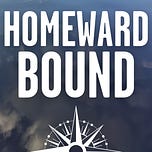


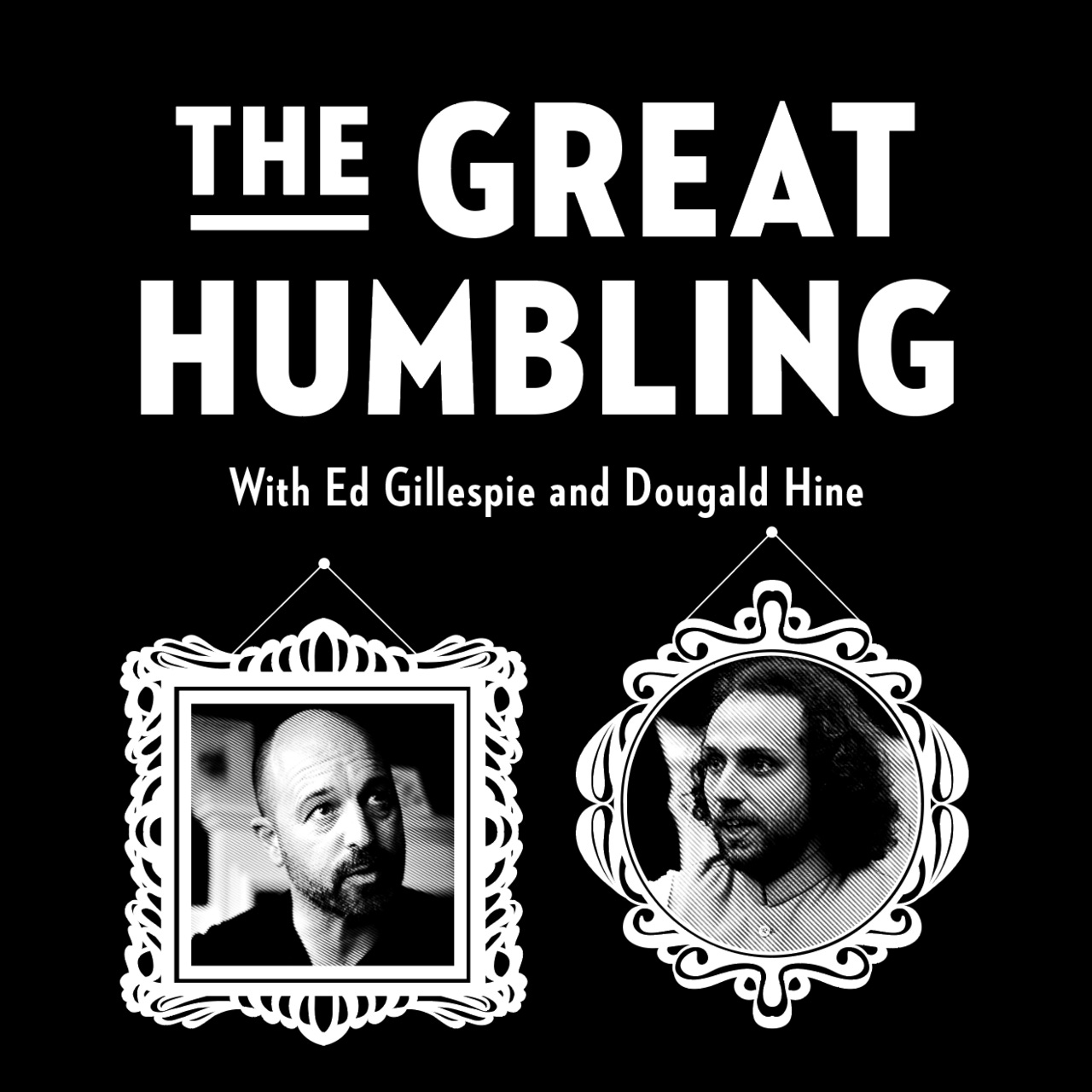


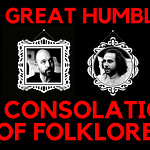
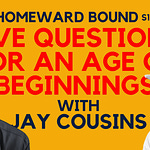
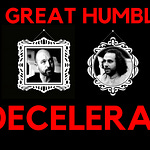

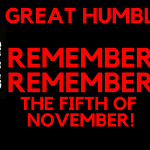
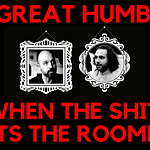
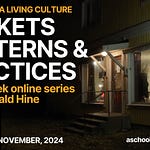

Share this post